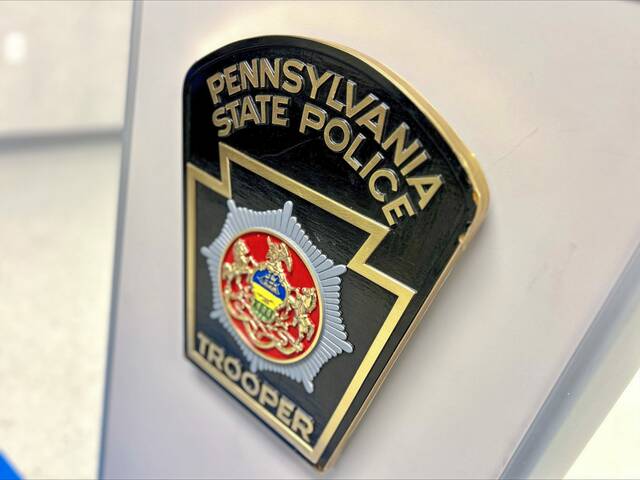Changes under consideration by the Hempfield Area School Board would expand the role parents play in the review of challenged course material and library books.
Board members have begun tweaking the review process, continuing a monthlong conversation that began after parents challenged two books available to high school students.
“What I want is middle,” said board director Diane Ciabattoni. “We’ve heard from so many people pro and con, we’ve gotten phone calls, people have approached us, and I want to make sure that it’s fine for everyone and it doesn’t mean one extreme or another. I just want to make sure that we can make a compromise that parents are at least OK with.”
The new school year starts Thursday with teacher in-service days. District students begin classes on Aug. 25.
The board’s policy committee last week began making possible changes to the makeup of committees that review challenged materials and created an appeals process that looks more deeply into that material.
The proposed changes are not finalized and will be presented to the full school board before moving forward.
The conversation began after parents this spring questioned “All Boys Aren’t Blue” by George M. Johnson, which chronicles Johnson’s journey growing up as a queer Black boy. Parents also questioned “The Black Friend: On Being a Better White Person” by Frederick Joseph, which reflects the author’s experiences with racism.
Related:
• Hempfield is latest district to face book ban challenge• Hempfield school board shelves any changes to its library book policy and selections for now
• Librarians, parents weigh in on Hempfield's library book policy as some titles are questioned
• Hempfield Area continues debate on change to curriculum review of challenged books
After going through the review process as it currently stands, both books were permitted to remain available to students.
Despite that determination, some parents continued to push for a change while suggesting those books are not appropriate for students.
That led to board members having deeper discussions about the policy and changes they might like to see.
Under proposed changes discussed by policy committee members, the first step would be a challenge to the material and could involve a school librarian, classroom teacher and parent who brought the challenge. It also could include a school counselor if appropriate.
That’s a change from the current policy in which the first step is an informal challenge involving the building principal, who attempts to resolve the issue by explaining the procedure, criteria and qualifications for selecting the book or resource material.
If the complainant is not satisfied with the outcome of the first step, the proposed second step would be an appeal in which the book or material would be read and reviewed.
This step could increase parent involvement by having three parents or guardians on the review committee, including the parent who brought the concern. In addition, the committee could include a student, librarian, school counselor/psychologist, administrator, principal, assistant superintendent and possibly a teacher based on the material’s subject area.
The current makeup of that committee includes the school librarian, the library department chair, a teacher based on the content area of the book, a parent, a student, the complainant, the assistant superintendent and the superintendent.
The goal now is to make the committee more balanced between parent input and staff members trained in that subject area.
“We need to hear our parents,” said board president Tony Bompiani. He suggested that parents who sit on the committee would be “a cross-section of parents. Not all right wingers, not all left wingers. People without bias.”
Policy members suggested having parents volunteer at the start of a school year to sit on the appeals committee if a challenge were to occur.
Other proposed changes included limiting the period during which a publication could be challenged to every three years and permitting only parents and guardians to bring a challenge if their student attends the school in which the material is housed.
Policy committee members will further discuss possible changes during their Aug. 31 meeting.
They will then take those changes to the school board, who will decide whether they will move forward with the proposal.








